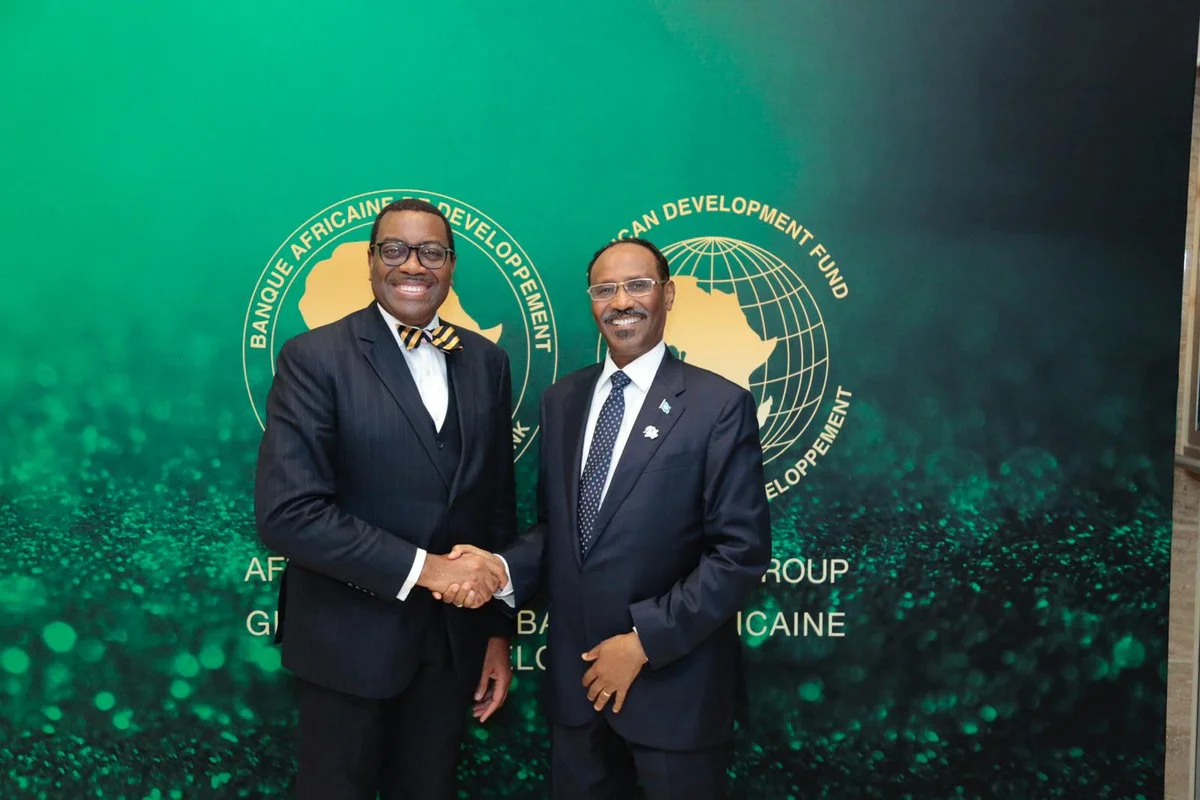“The day we see an Egyptian farming in Sudan, growing wheat, rather than Egypt getting its wheat from Ukraine, Russia - this is regional integration. The day we see a Sierra Leonean mining his diamond and selling that diamond for the $10,000 that it deserves, not just rough stones but cut and polished, with added value; this is a different Africa”.
African Development Bank Vice President for Regional Development, Integration and Business Delivery, Khaled Sherif, summarised the Bank’s aspirations for regional integration in Africa in a clarion call to regional economic communities at a special session of the Bank Group’s Annual Meetings in Malabo on Friday.
The three-day meeting, on the theme: “Regional Integration for the Economic Prosperity of Africa,” was attended by global dignitaries, key financial market players and technical experts, multilateral donors, chief executives of global brands, and Governors and top management of the Bank.
Sherif urged the regional blocks to work together with the Bank to remove bottlenecks of regional integration and boost intra-African trade, currently estimated at between 14 and 18%. This includes building more infrastructure and processing more of the continent’s primary products to create wealth, he added.
The Bank, as part of its High Five agenda, has been championing regional integration, focusing not just on the movement of goods and services but also on the movement of people and investments. In addition to exporting its raw materials at a price determined by market players outside the continent, Africa also imports $300 billion of goods annually.
“Let’s find the formula to bring back the lost value chain – We need to learn how to build it ourselves” he said.
The regional economic communities unanimously expressed support for the integration agenda as a key element for a successful implementation of the new African Continental Free Trade Area (AfCFTA) and appealed for the Bank’s support to resolve the obstacles against meaningful integration.
“We fully endorse the Free Trade Area agreement but it’s not going to be easy. It’s a breathtaking struggle and there will be stumbling blocks on the way and we must do away with the micro-nationalism in order to succeed,” said Stephen Mlote, deputy Secretary General for Planning and Infrastructure of the East African Community.
Representatives of some of the regional economic communities at the meeting, including the Arab Maghreb Union, suggested that countries that have ratified AfCFTA and are prepared, should be allowed to proceed with the implementation.


